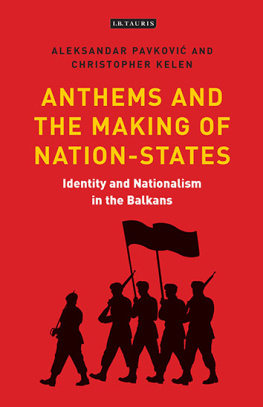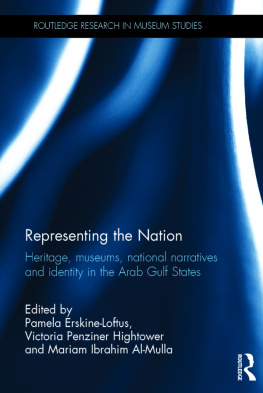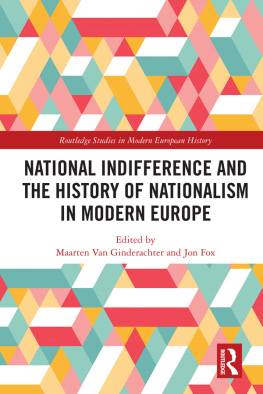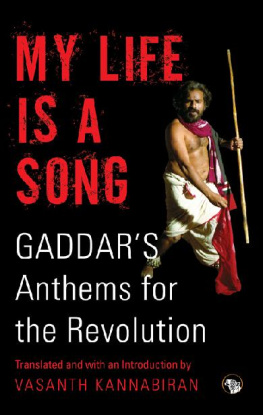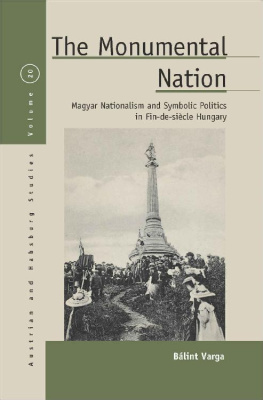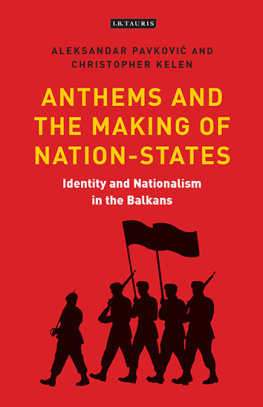
Aleksandar Pavkovi is Associate Professor in Politics at Macquarie University, Sydney. He is the author of Creating New States: Theory and Practice of Secession (with Peter Radan, 2007), The Fragmentation of Yugoslavia: Nationalism and War in the Balkans (2000) and Slobodan Jovanovic: An Unsentimental Approach to Politics (1993). He is the editor (with Peter Radan) of the Ashgate Research Companion to Secession (2011). He has also published widely in peer-reviewed journals and has edited several collections.
Christopher (Kit) Kelen is an Australian poet, scholar and visual artist, and Professor of English at the University of Macau, where he has taught Creative Writing and Literature. His poetry has been published in Chinese, Portuguese, French, Italian, Swedish, Indonesian and Filipino languages. The most recent of his many poetry books is Scavengers Season (2014). He has published three scholarly volumes about poetry: Poetry, Consciousness and Community (2009), City of Poets: Exploring Macao Poetry Today (2009) and Anthem Quality (2014). He is Literary Editor for Postcolonial Text.
ANTHEMS AND
THE MAKING OF
NATION STATES
Identity and Nationalism in the Balkans
A LEKSANDAR P AVKOVI
and
C HRISTOPHER K ELEN

Published in 2016 by
I.B.Tauris & Co. Ltd
London New York
www.ibtauris.com
Copyright 2016 Aleksandar Pavkovi and Christopher Kelen
The right of Aleksandar Pavkovi and Christopher Kelen to be identified as the authors of this work has been asserted by the authors in accordance with the Copyright, Designs and Patents Act 1988.
All rights reserved. Except for brief quotations in a review, this book, or any part thereof, may not be reproduced, stored in or introduced into a retrieval system, or transmitted, in any form or by any means, electronic, mechanical, photocopying, recording or otherwise, without the prior written permission of the publisher.
References to websites were correct at the time of writing.
International Library of Twentieth Century History 82
ISBN: 978 1 78453 126 3
eISBN: 978 0 85773 969 8
A full CIP record for this book is available from the British Library
A full CIP record is available from the Library of Congress
Library of Congress Catalog Card Number: available
CONTENTS
PREFACE
This is a book about the lyrics of national anthems. It is specifically about the anthems of the new states in southeast Europe that have arisen from the disintegration of Yugoslavia. The book attempts to analyse the use of the poetic texts sung by national subjects to express their devotion to the (new) state in which they enjoy citizenship. A focus of attention is in the use (for better or worse) of poetic texts for an ideological purpose. We are interested in the use of poetry in shaping devotion to a nation state (or its proxy). We are also interested in the ways in which political movements (ideologies and parties) deploy poetic devices and imagery to evoke and maintain both the national identity and the sense of self of citizen-subjects. The key ideology in question is nationalism and it is essential to note that the resurgence of nationalist ideology in the Balkans over the past three decades has been a key world-development for the study of nations and nationalism.
The idea of this book originated in Christopher (Kit) Kelen's interest in anthem quality that is to say, the soul-stirring effect that certain combinations of music and lyrics achieve, most typically in the service of national affiliation. This is the subject of Kelen's general study Anthem Quality (Kelen 2014) and a number of earlier papers, going back to the 1990s. Aleksandar Pavkovi's interest lies in the history of national ideologies of the Balkans and their impact on the recent creation of the new states in this area (Pavkovi 1997/2000, Pavkovi 1998). As the introduction of new national anthems preceded or followed the creation of new states in the region, our interests proved to be mutually supportive and resulted in a research project of which this book is the final outcome. To spell out the terms of the synergy more clearly: the Balkans seemed to be an ideal place to study the creation (and recreation) of anthem quality in the world today while the anthem seemed to be the ideal place to make a comparative study of nationalist sentiment in a place where it was being revived and renewed.
Importantly, this interdisciplinary book brings together culture and politics as a single object of scrutiny. Nations, as imagined communities, require belief on the part of both their citizens and their neighbours. Nations need images, symbols and narratives in order to create this belief. Anthems are a key symbolic means by which the life of nations is asserted, maintained and sometimes challenged. Of course context of culture is a key to understanding what and how any text means, and so a large part of this book is about the history of the songs and poems from which the anthems concerned originate. It is also about competitor-texts and about the political context within which the anthems were introduced and sometimes re-introduced.
The research project started while both authors were working at the University of Macau, in China, and when Aleksandar left Macau for Sydney in 2010, we continued writing the book together, letting technology (and modern transport) overcome the tyranny of distance. So this then is a book about the national songs of a corner of Europe by authors who live respectively in Asia and in Australia.
Doubtless, the book would have been enriched by a study of the music accompanying the lyrics with which we deal. Certainly we touch on music and its composition along the way. Music has also much to tell us about the general and particular nature of national devotions. As is also the case with anthem lyrics, there are relatively few scholarly studies of anthem music. Among those few, Karen A. Cerulo's (1989, 1995) studies are certainly outstanding. This is a fertile interdisciplinary field for further study of anthems and their role in evoking and maintaining national devotion.
ACKNOWLEDGEMENTS
Many people assisted us in the writing of this book. We would like to thank: Carol Archer, Natalie Chin, Dejan Djoki, Mia Djurkovi, Merima Dizdarevi, Ivan Dodovski, Matthew Gibson, Goran Greti, John Hines, Dejan Jovi, Csaba G. Kiss, Denisa Kostoviceva, Paisley Livingstone, Alexander Maxwell, Christine Meng, Milivoje Pavlovi, Slaana Pavkovi, Ruth Jordana Pison, Sarah Plant, Andrew Sewell, Boko Stankovski, Glenn Timmermans, Andrija Tomaek, arko Trajanovski, Annemari Ulamec, Mitja Velikonja, Ivo ani. Apart from those whose names we know, we would also like to thank the reviewers who had to remain anonymous of our essays on the Yugoslav anthem Hey Slavs and the Serbian anthem God of Justice (Nations and Nationalism, 2010), on the Croatian anthem Our Beautiful Homeland (Nations and Nationalism, 2012), and on the Slovenian anthem The Toast (Nationalities Papers, 2014).
Apart from people, a few academic institutions assisted in our research as well. The University of Macau provided research grants, which enabled the authors to travel to the Balkans and to engage research assistants, students of the University of Macau, who proved to be outstanding in their job. Macquarie University in Sydney provided travel funds for Aleksandar and the funds for the copyediting of the manuscript. Clare Hall, Cambridge and the Centre for the study of the Balkans at Goldsmiths, the University of London, provided an encouraging scholarly environment for Aleksandar to undertake the final revision of the manuscript.
Next page
